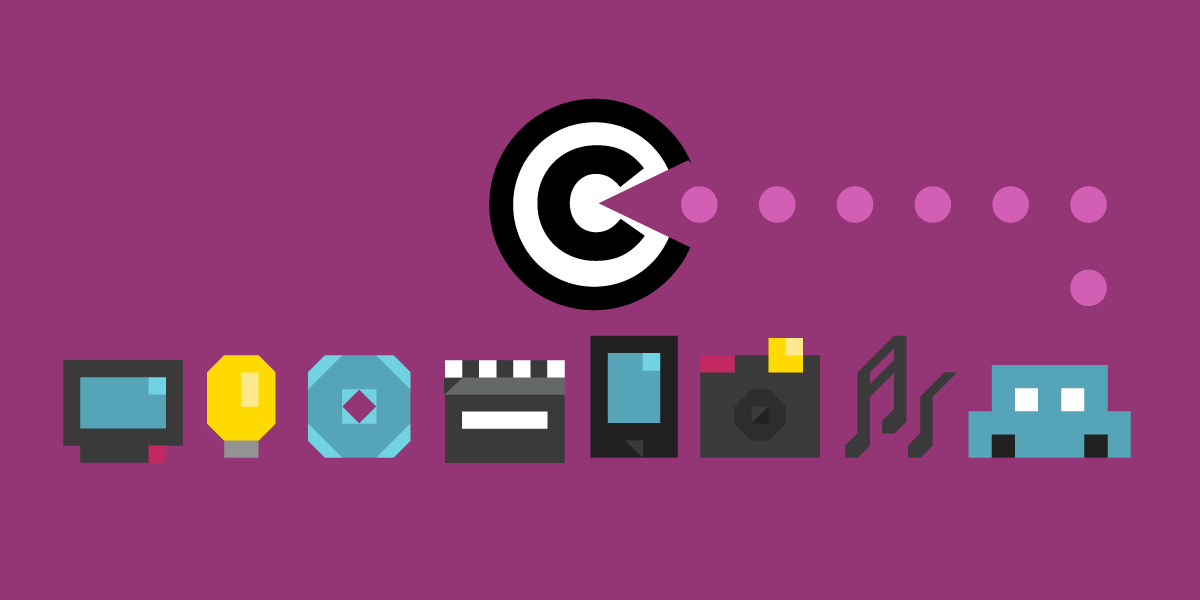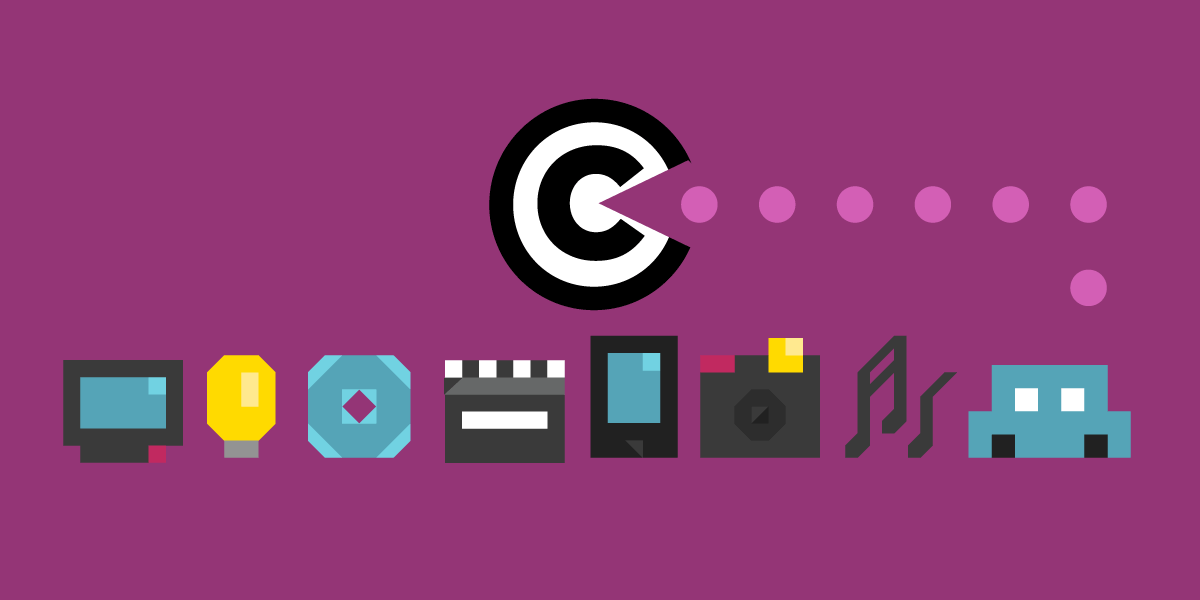EFF has filed an amicus brief in Kadrey v. Meta, one of the many ongoing copyright lawsuits against AI developers. Most of the AI copyright cases raise an important new issue: whether the copying necessary to train a generative AI model is a non-infringing fair use.
Kadrey, however, attempts to side-step fair use. The plaintiffs—including Sarah Silverman and other authors—sued Meta for allegedly using BitTorrent to download “pirated” copies of their books to train Llama, a large language model. In other words, their legal claims challenge how Meta obtained the training materials, not what it did with them.
But some of the plaintiffs’ arguments, if successful, could harm AI developers’ defenses in other cases, where fair use is directly at issue.
How courts decide this issue will profoundly shape the future of this transformative technology, including its capabilities, its costs, and whether its evolution will be shaped by the democratizing forces of the open market or the whims of an oligopoly.
A question this important deserves careful consideration on a full record—not the hyperbolic cries of “piracy” and the legal shortcuts that the plaintiffs in this case are seeking. As EFF explained to the court, the question of whether fair use applies to training generative AI is far too important to decide based on Kadrey’s back-door challenge.
And, as EFF explained, whether a developer can legally train an AI on a wide variety of creative works shouldn’t turn on which technology they used to obtain those materials. As we wrote in our brief, the “Court should not allow the tail of Meta’s alleged BitTorrent use to wag the dog of the important legal questions this case presents. Nor should it accept Plaintiffs’ invitation to let hyperbole about BitTorrent and 'unmitigated piracy' derail the thoughtful and fact-specific fair use analysis the law requires.”
We also urged the court to reject the plaintiffs’ attempt to create a carve out in copyright law for copies obtained using “BitTorrent.”
This dangerous argument seeks to categorically foreclose the possibility that even the most transformative, socially beneficial uses—such as AI training—could be fair use.
As EFF explained in its brief, adopting an exemption from the flexible, fact-specific fair use analysis for “BitTorrent,” “internet piracy,” “P2P downloading,” or something else, would defeat the purpose of the fair use doctrine as a safeguard for the application of copyright law to new technologies.












